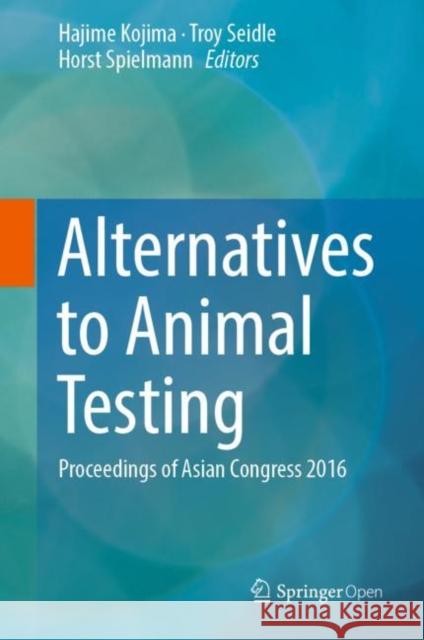Alternatives to Animal Testing: Proceedings of Asian Congress 2016 » książka
topmenu
Alternatives to Animal Testing: Proceedings of Asian Congress 2016
ISBN-13: 9789811324468 / Angielski / Twarda / 2018 / 130 str.
Kategorie BISAC:
Wydawca:
Springer
Język:
Angielski
ISBN-13:
9789811324468
Rok wydania:
2018
Wydanie:
2019
Ilość stron:
130
Waga:
0.37 kg
Wymiary:
23.39 x 15.6 x 0.97
Oprawa:
Twarda
Wolumenów:
01
Dodatkowe informacje:
Wydanie ilustrowane











